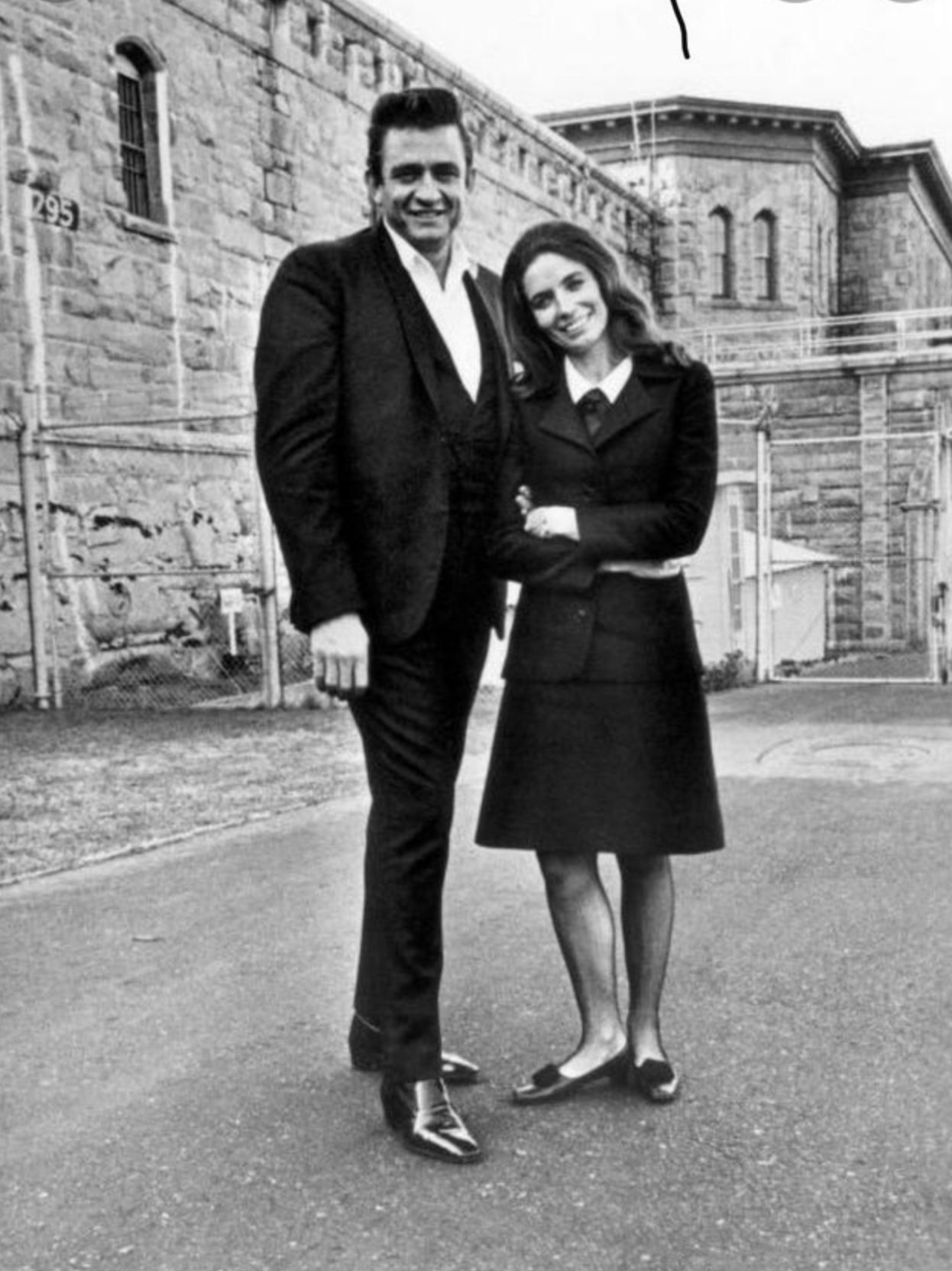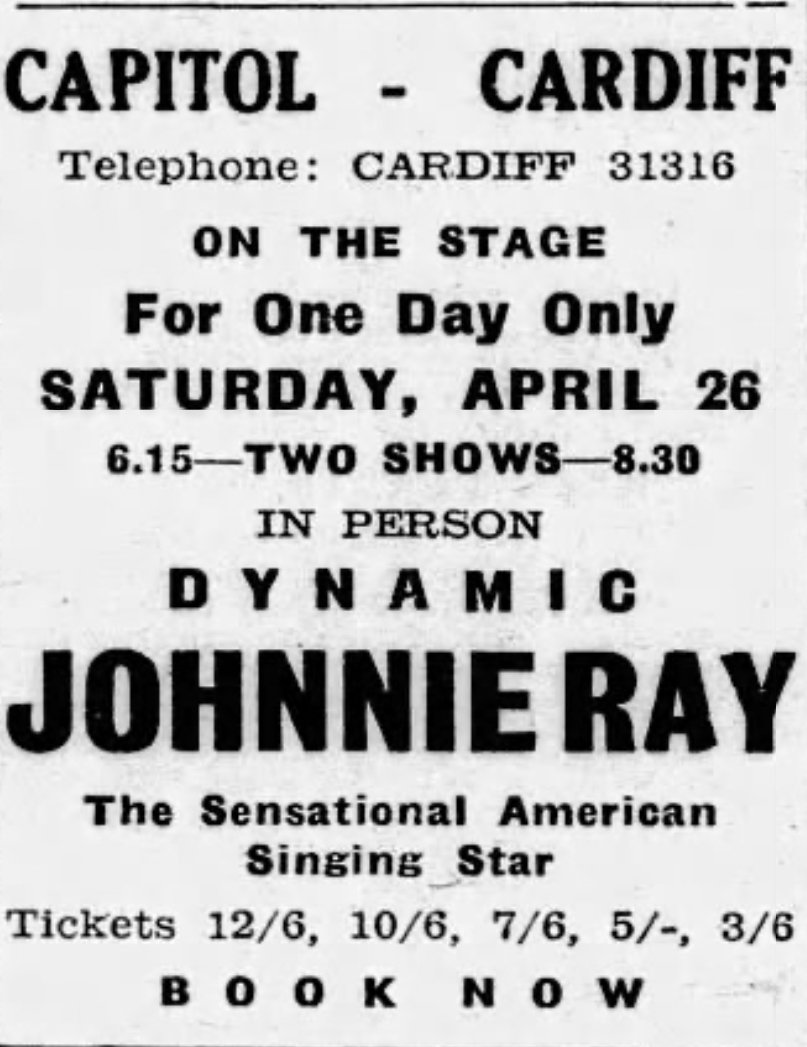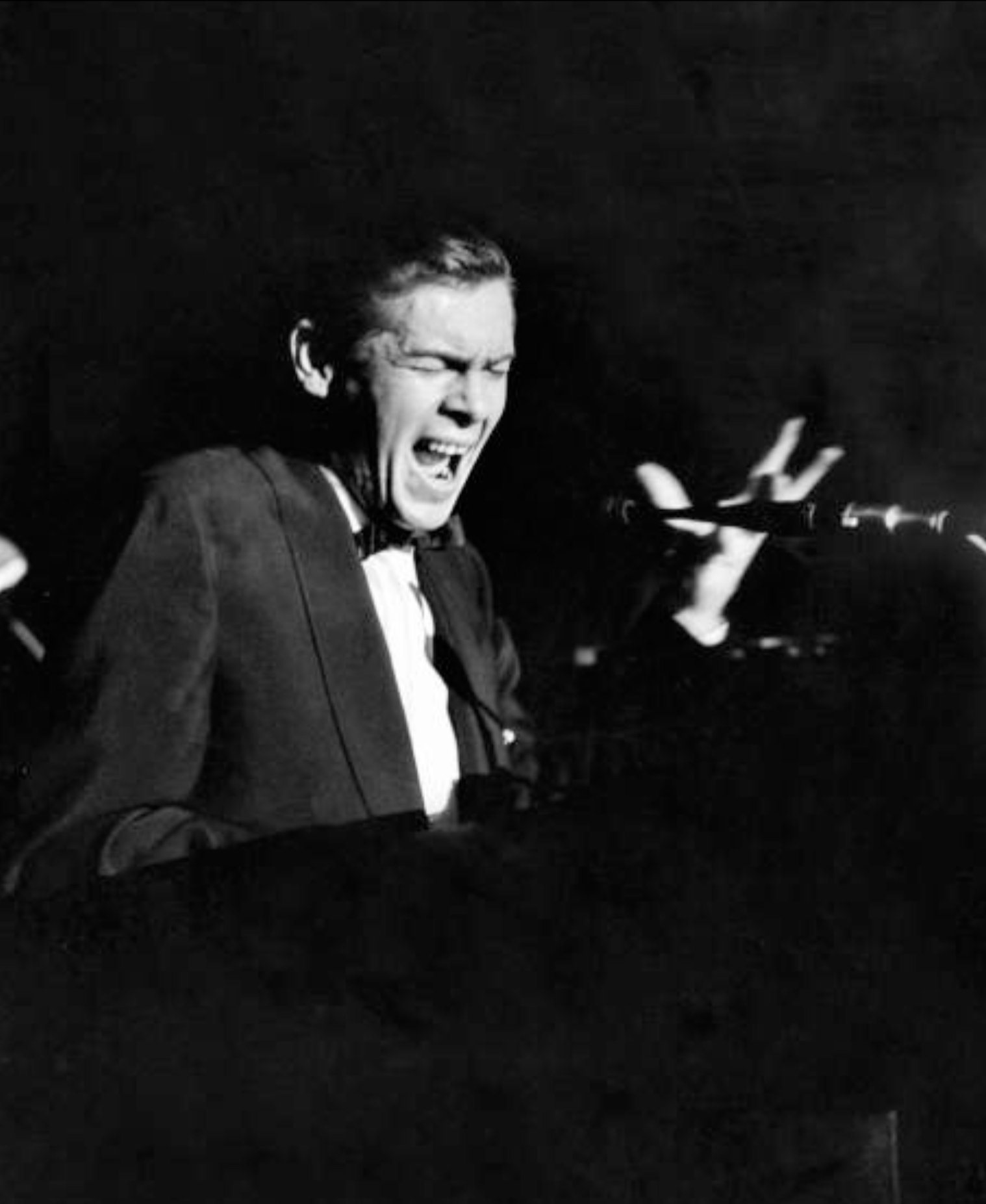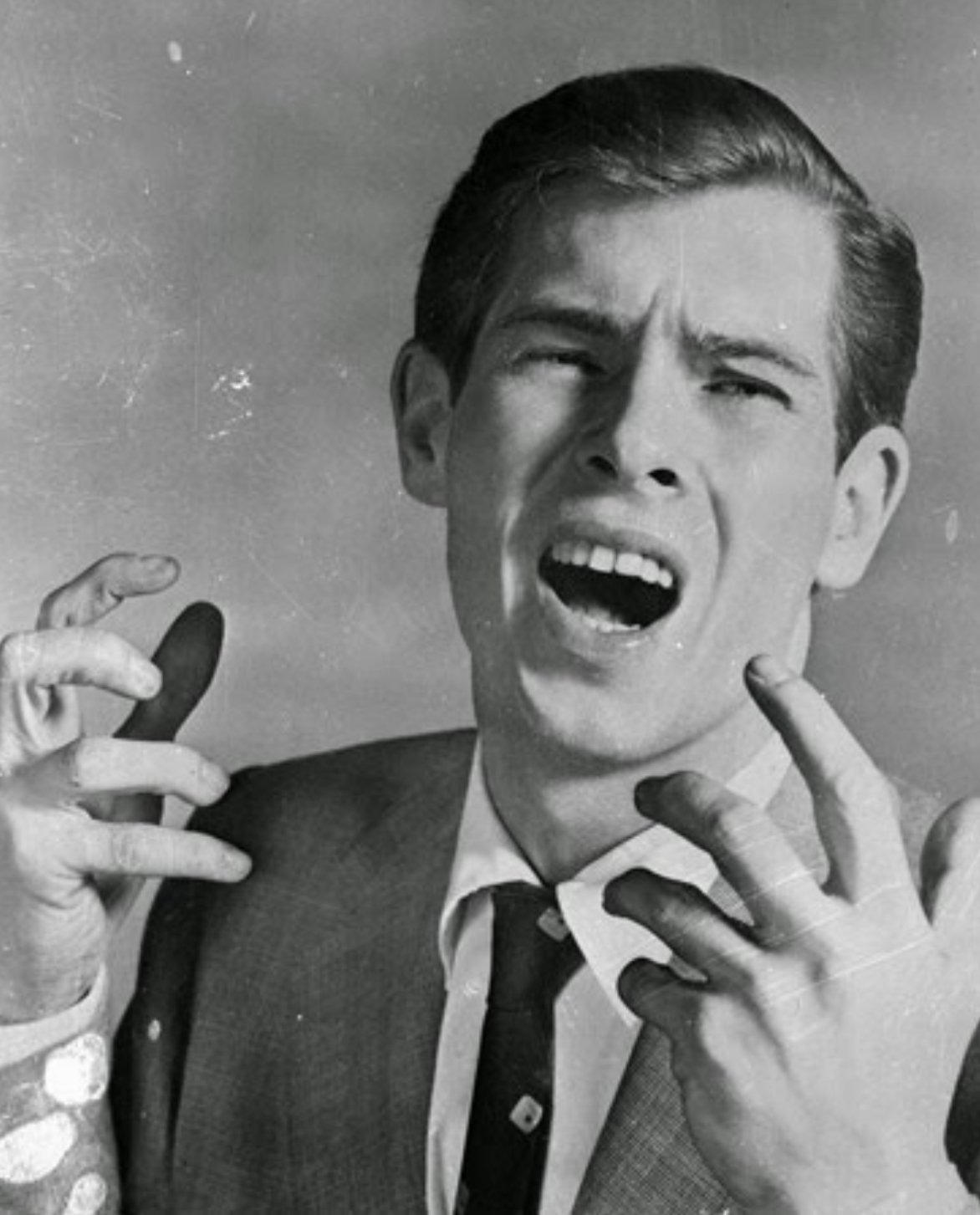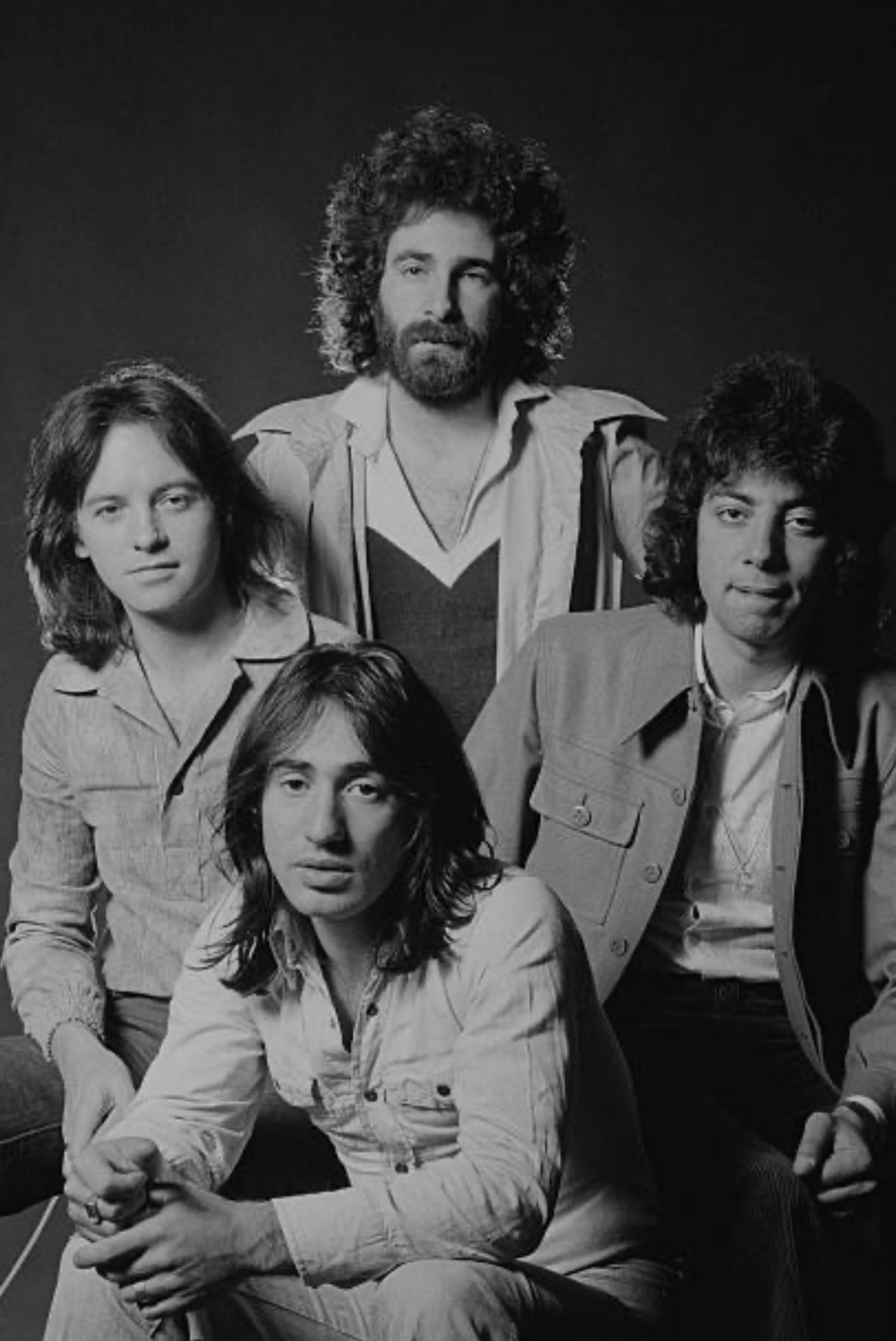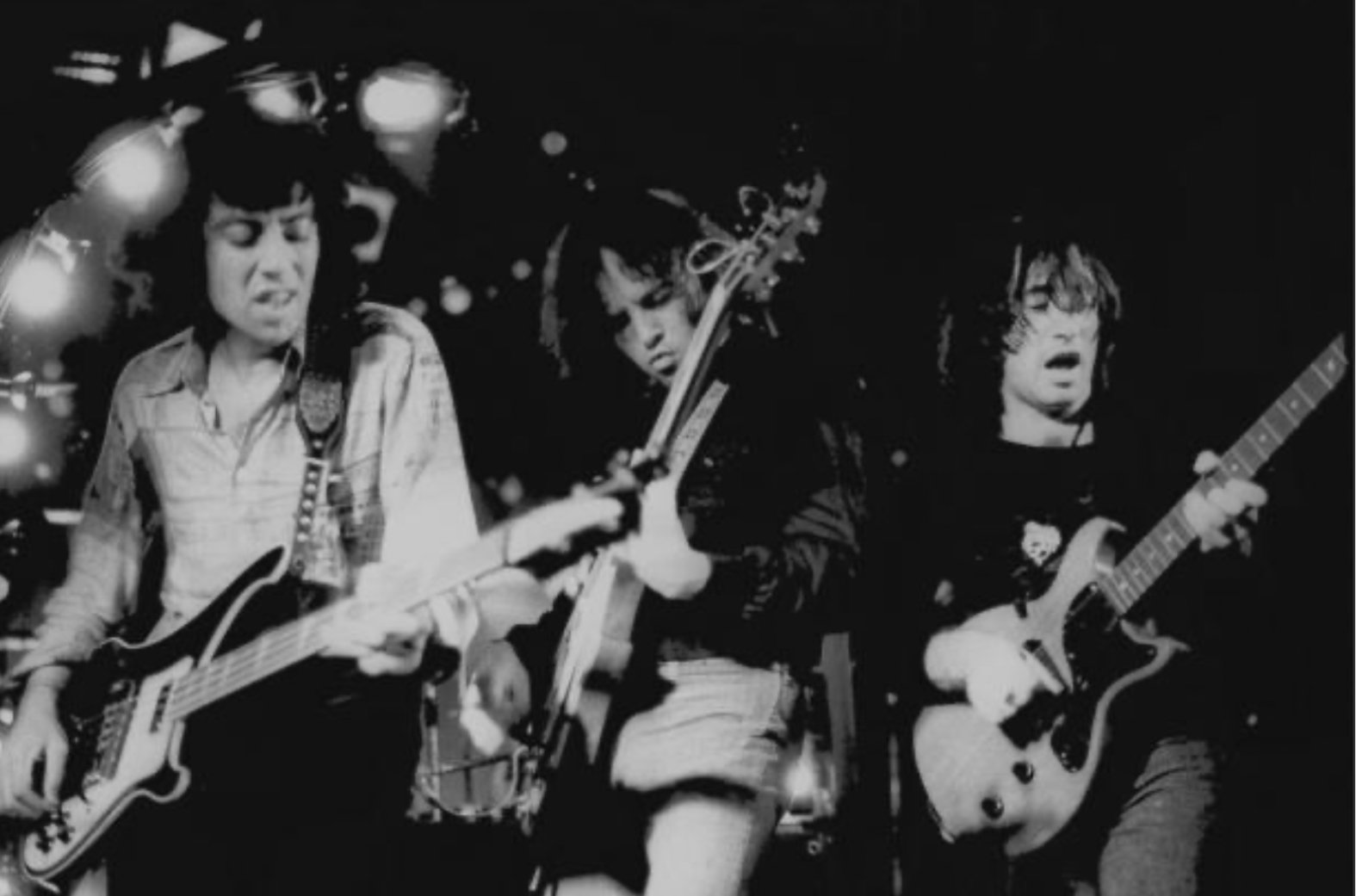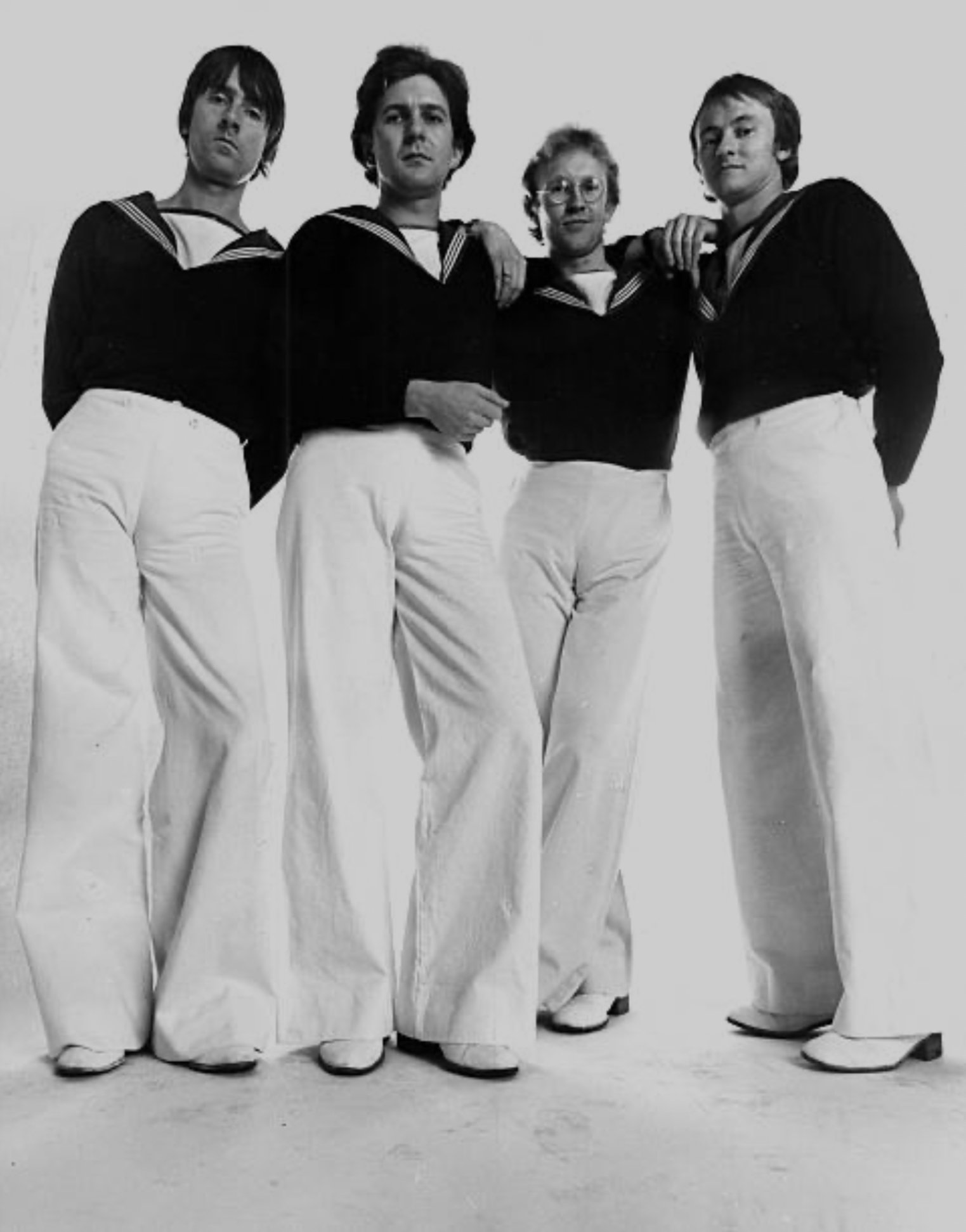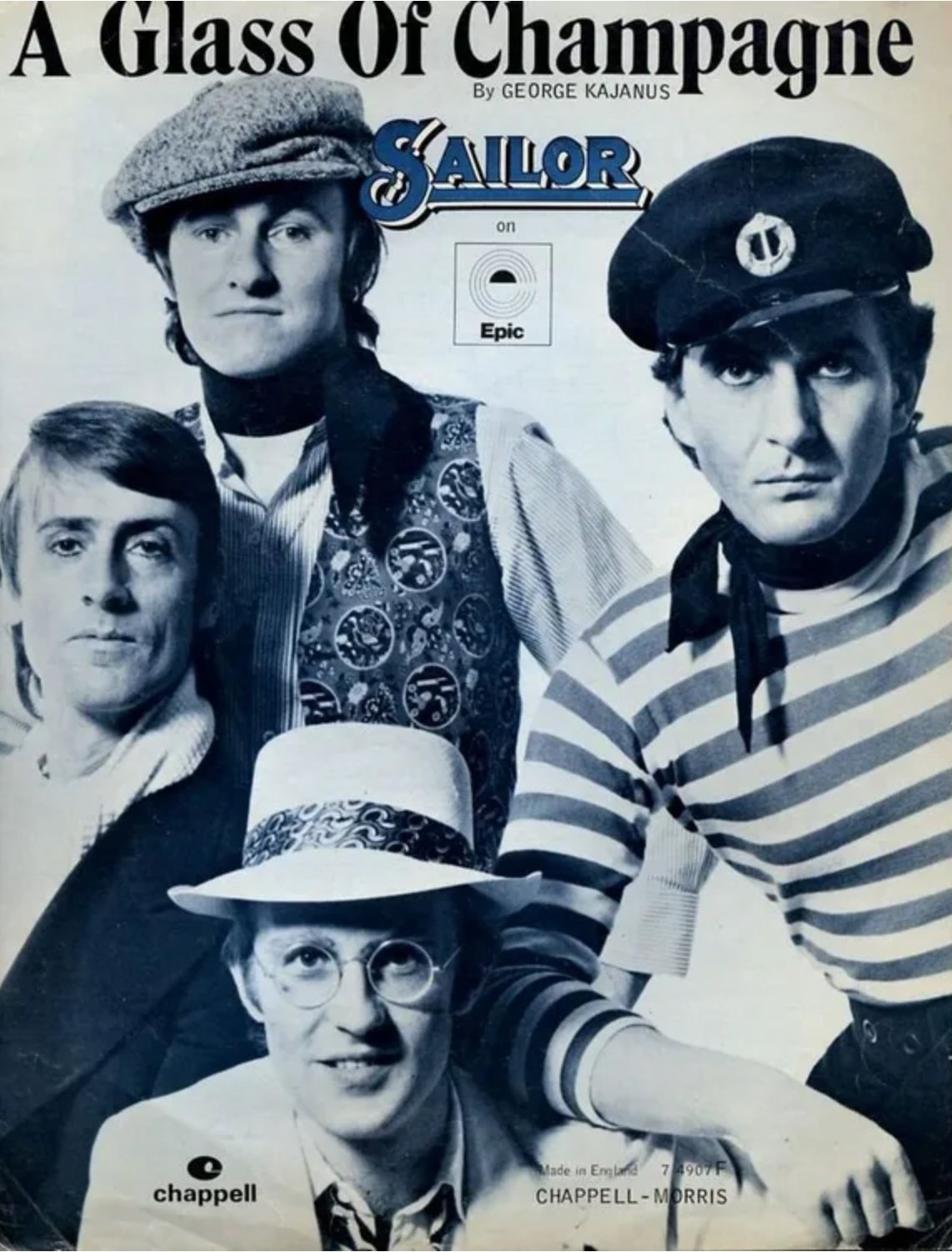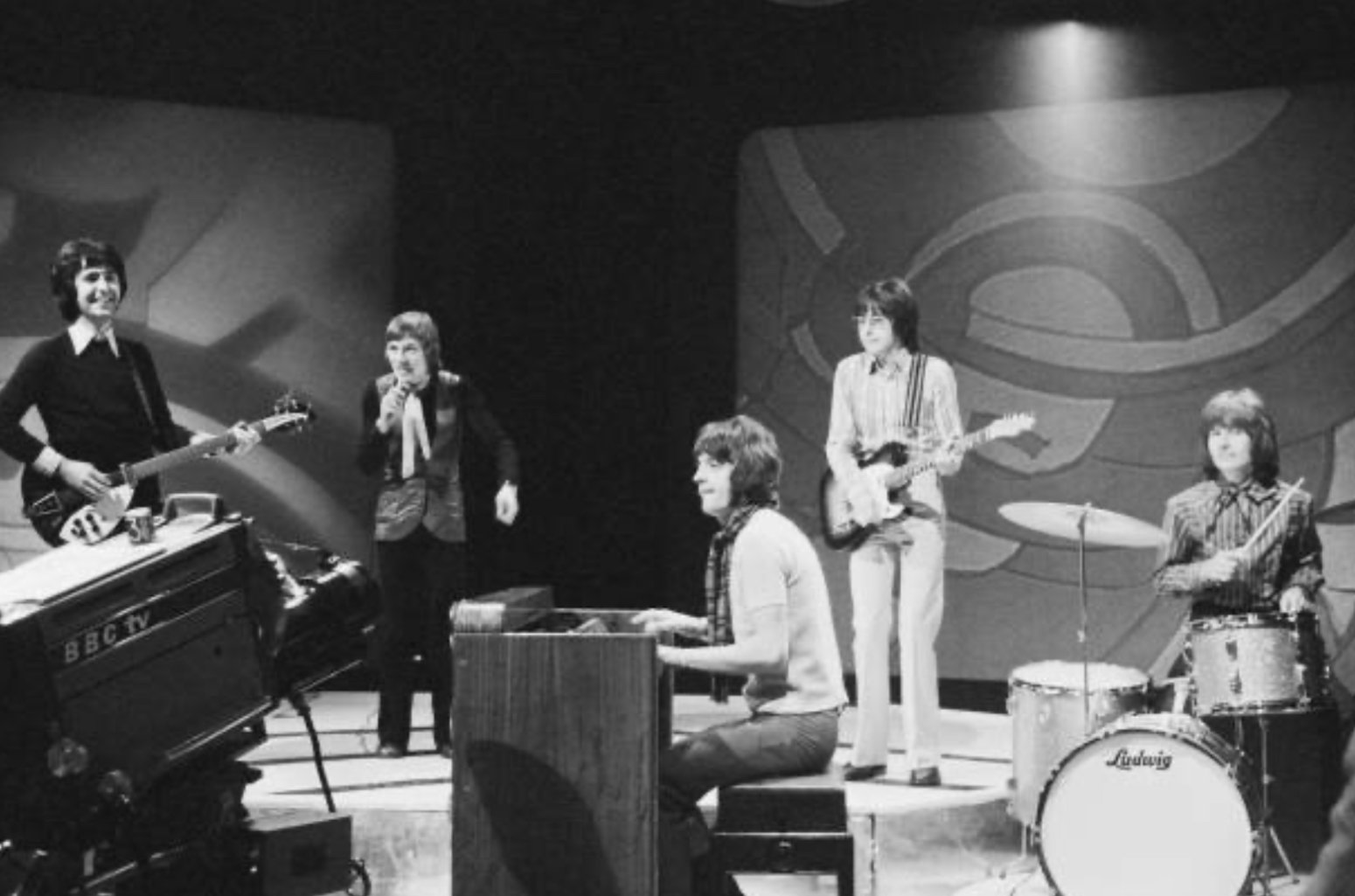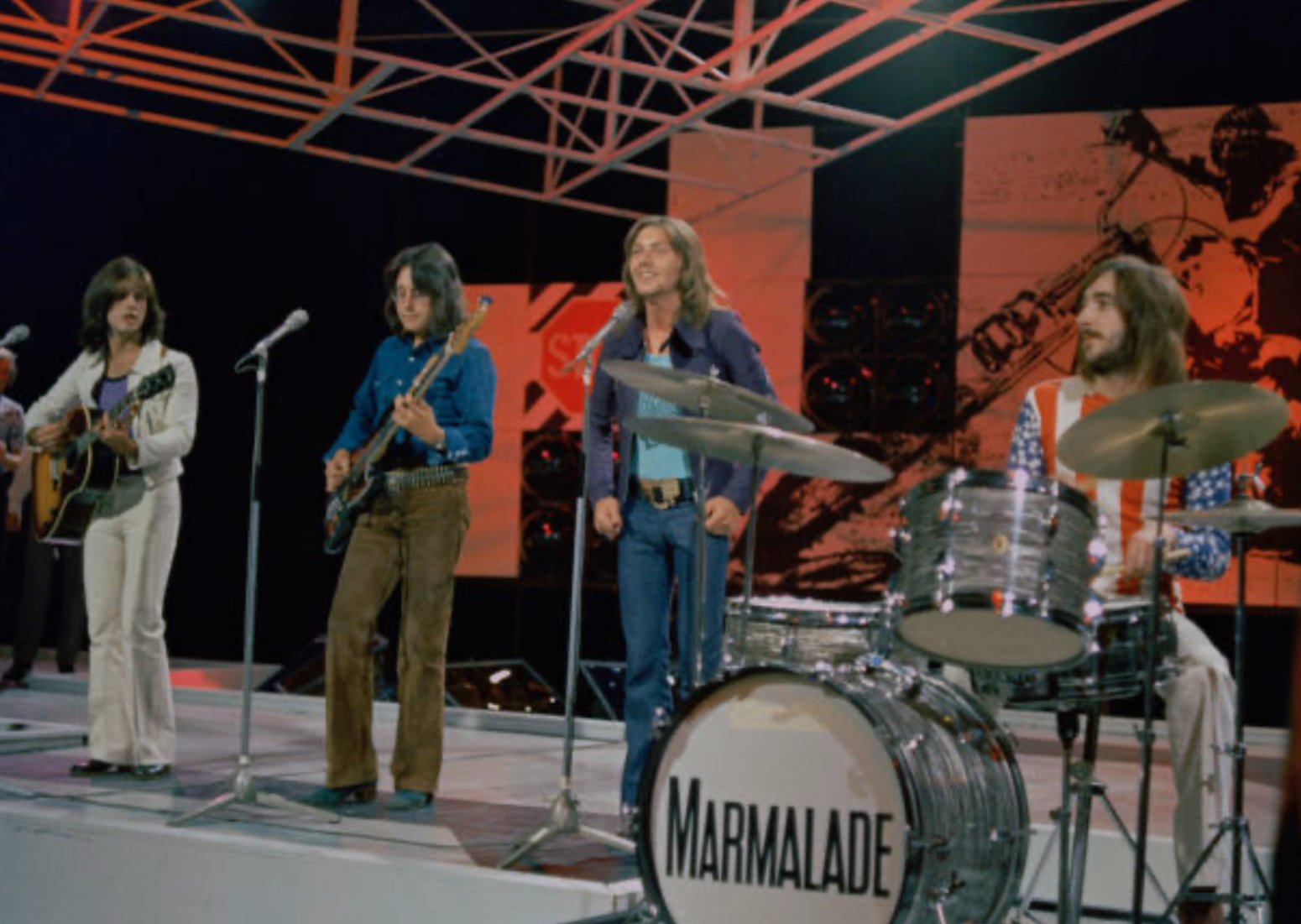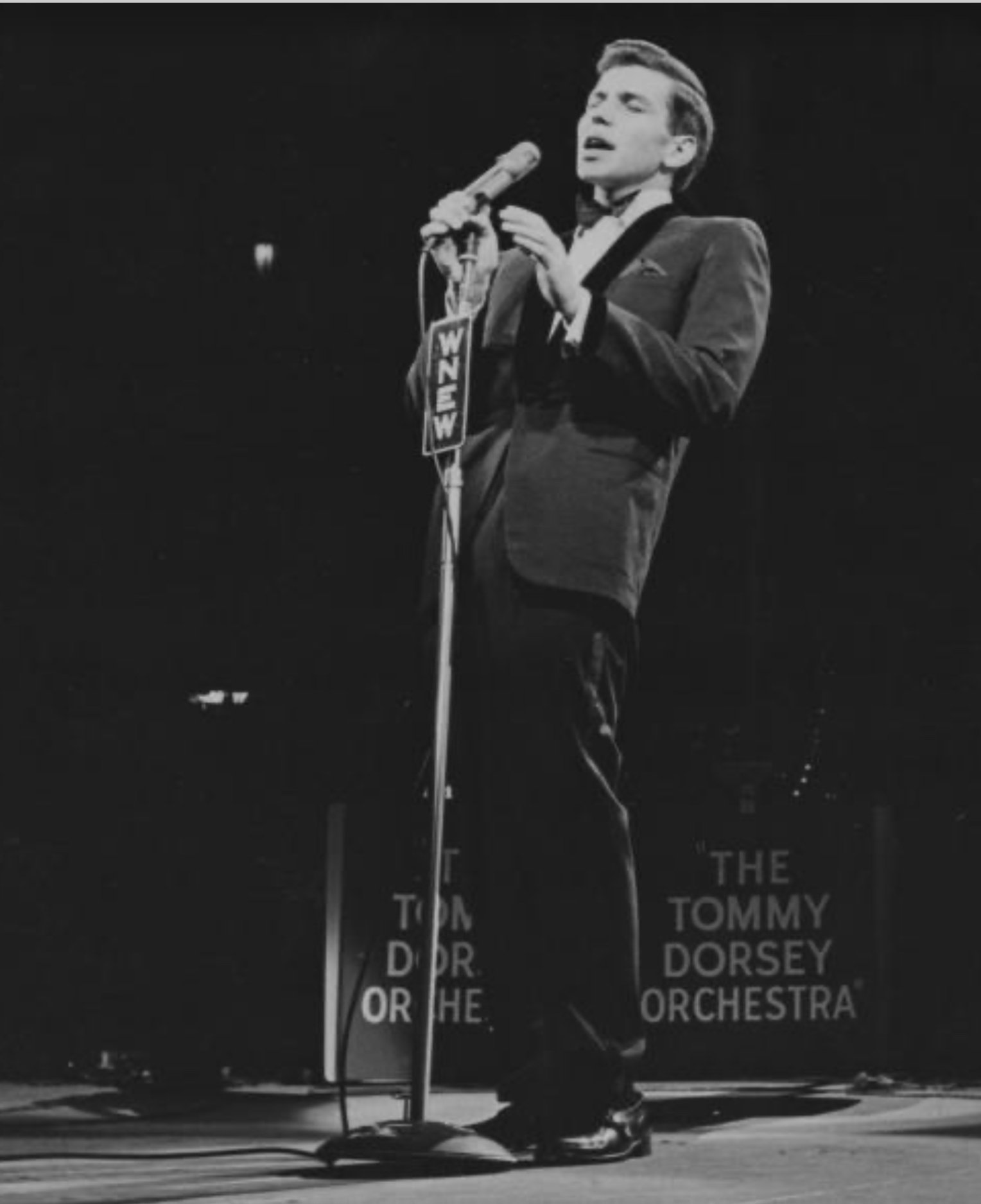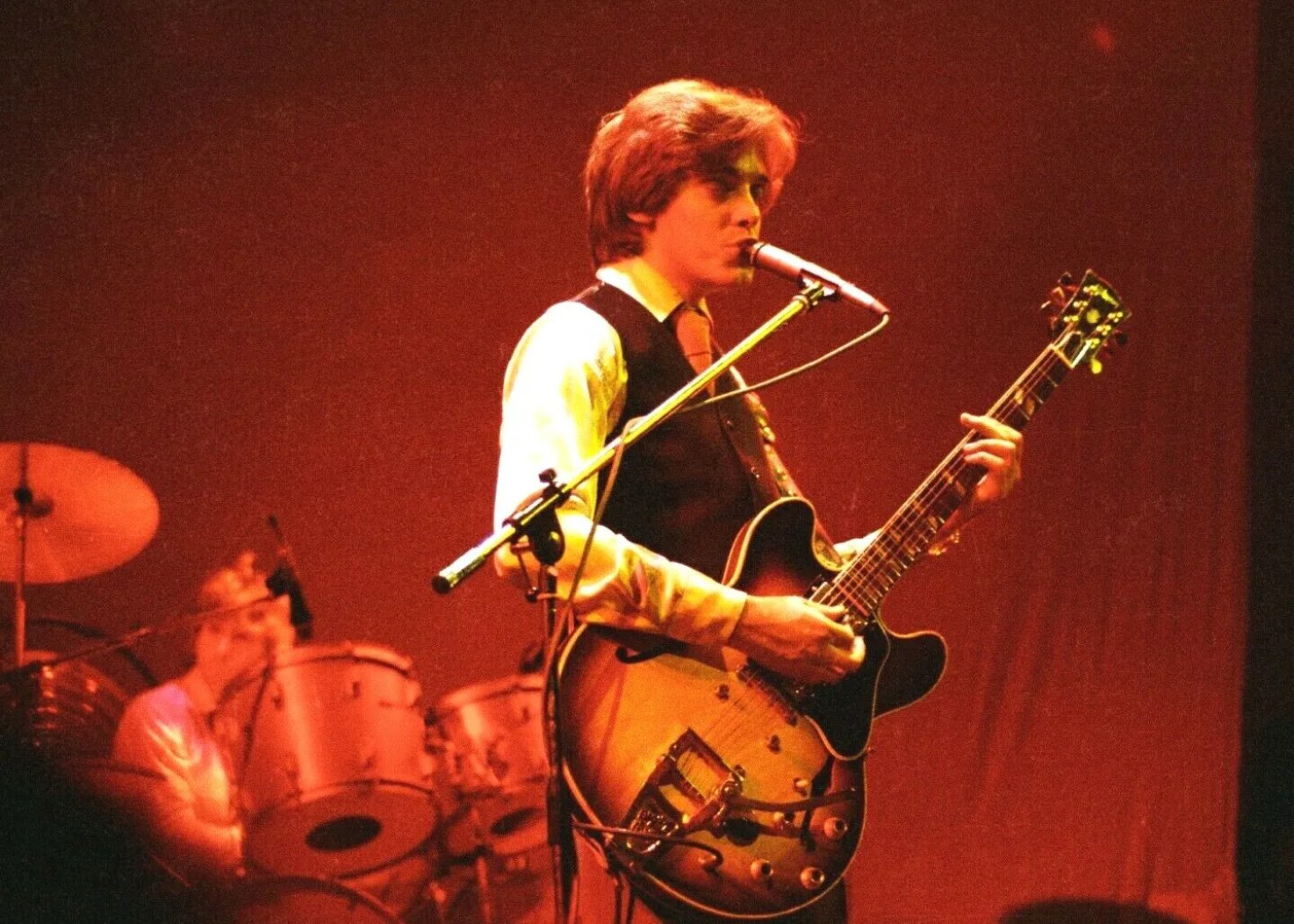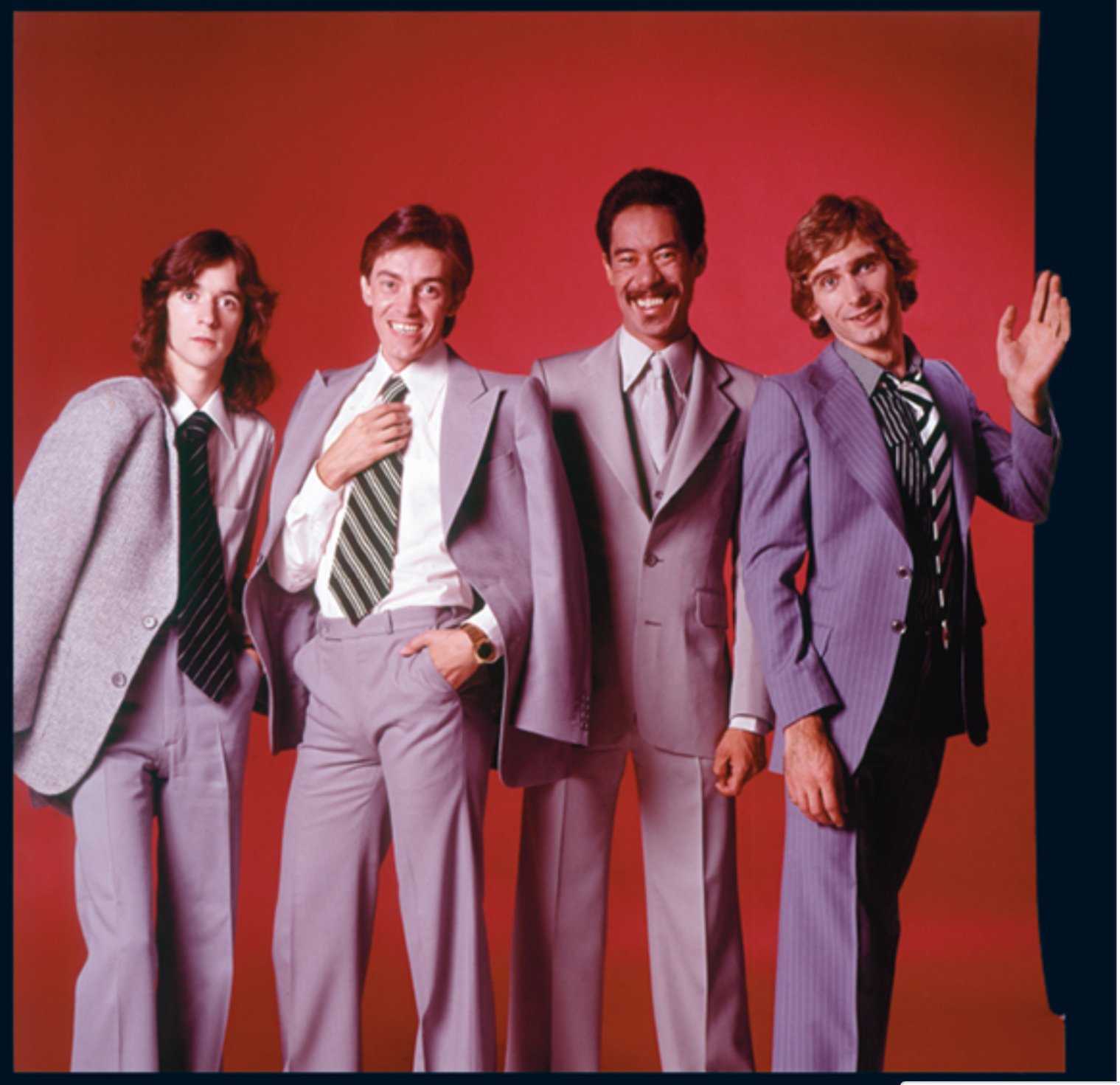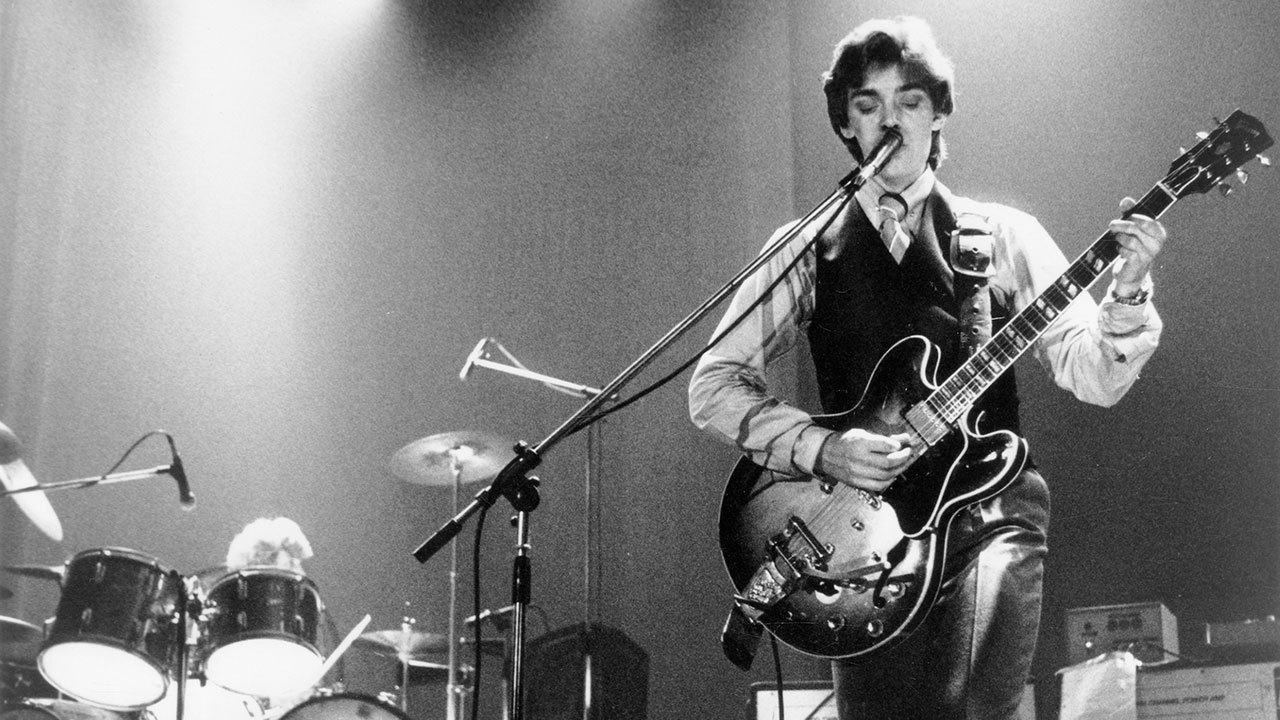Images may be subject to copyright
On this day, 7 May 1968, American country singing legend Johnny Cash played Cardiff’s Capitol Theatre. Also on the bill was Carl Perkins, June Carter, James Royal and The Tennessee Three.
Cash had recently married June Carter in March and had received a Grammy for their hit together “Jackson” and had just released his 26th album From Sea to Shining Sea.
Each track on the concept album was written by Cash; none of them were released as singles.
"The Walls of a Prison" reuses the melody of "Streets of Laredo” from Cash's 1965 album Sings the Ballads of the True West.
But most notable during this period. was his recording At Folsom Prison released 6 May and Cash’s first live album
It comprises recordings of performances by Cash and his band at Folsom State Prison, California, on January 13, 1968.
After his 1955 song "Folsom Prison Blues, Cash had been interested in recording a performance at a prison. His idea was put on hold until 1967, when personnel changes at Columbia Records put Bob Johnston in charge of producing Cash's material. Cash had controlled his drug abuse problems, and was looking to turn his career around after several years of limited success. Backed by June Carter, Carl Perkins and the Tennessee Three Cash performed two shows at Folsom State Prison.






